Menopause is inevitable, and healthy, for any uterus haver-er. But that doesn’t mean it’s an easy, welcomed transition without a host of possible side effects (hot flushes, low libido, and rage all included).
Considering it’s a midlife change undergone by quite literally half the world’s population, we speak shockingly little about how menopause bleeds into every facet of a woman's life. A biggie being the impact on our skin. Collagen depletes faster, elasticity is lost, dryness is the new norm, oh, and breakouts too! Left wondering where your reliably combo complexion has disappeared to? Know you’re not alone.
A helpful mashup of Go-To HQ first-hand advice and in-house research, here’s what we wish more women (and men!) knew about menopause.
It’s when your menstrual cycle just stops, right?
Technically, yes, menopause refers to a woman’s final menstrual period. But the symptoms and onset leading up to this stage (perimenopause), and after (postmenopause), can last anywhere from five years to a decade.
It’s a perfectly natural aspect of ageing as a woman, though, disruptive in more ways than one. For the years leading up to menopause it’s possible that you could experience some or all (!) of the following changes: irregular periods, changes in flow, hot flushes, night sweats, aches and pains, weight gain, fatigue, irritability, dry skin, loss of libido, mood and memory changes. Full. Body. Response.
Because of the lack of candid conversations on this topic we’re kinda just knocked sideways when it does happen to us.
“I think I am very lucky to have gone through menopause at a time when it’s ok to talk about it and the stigma of it has been (somewhat) removed. That’s not to say it hasn’t been tricky at times, especially at work, with hot flushes and a bit of brain fog off the back of interrupted sleep. I have been mindful of keeping quiet about it in fear of coming across as weak, but really it’s nothing to be ashamed of and something I shouldn’t hide. It’s high time we openly discuss menopause like we do puberty so we can support women who are experiencing difficulties with this inevitable change.” - Leonie Faddy, CMO at Go-To.
And it’s the same for every woman, yeah?
No woman and therefore no menstrual cycle is ever the same. The way you feel about your cycle (empowered, privileged, aggravated), and how comfortable you are in your own body/skin, is going to dictate your mindset over this lengthy journey.
It’s worth mentioning timing here too. Majority of women naturally become menopausal between the ages of 45 and 55 years, however this can unfortunately happen earlier in life for more complicated reasons including reproductive surgery, chemotherapy or radiotherapy.
“When I knew I would be going into early (surgical) menopause, I was really nervous. I had heard about menopausal symptoms but only really had my mum as a frame of any real reference. Being surgical menopause, symptoms don’t gradually develop, they hit within a day or two, and hit hard. I mostly experienced hot flushes, mind fog, and mood swings, along with night sweats. Trying to find the perfect temperature to sleep in during menopause is quite hard, as it alters multiple times a night! Thankfully, I was prescribed Hormone Replacement Therapy (HRT) soon after. It’s not a perfect solution (still get the mind fog and night sweats!) but it’s been helpful to relieve a few of the symptoms.” Alex Hendriksen, Community Manager at Go-To.
Surely women look forward to ‘getting rid of’ that monthly bleed?
The end of your monthly period might seem like a welcome phase. But for women experiencing menopause, a loss of self and ‘what’s next’ can seem overwhelming,
Life doesn’t just stop when you start getting hot flushes. What you can do to mitigate this haze of who am I and where am I is some gentle self reflection. Set a series of goals for this new chapter to make sure you’re prioritising balance, happiness, and overall wellbeing while entering this next phase.
“With menopause comes experience and knowledge, and hopefully some wisdom, and that to me is a great thing! I hate that women can feel like it's shameful to have reached this age/stage when we still have roughly a third of our lives to live beyond menopause.” - Leonie Faddy, postmenopausal.
So how exactly does all this affect your skin?
Estrogen helps to regulate natural oils, hold on to hydration, maintain plumpness and elasticity, and support collagen production. The perfect recipe for youthful skin if we ever did hear one! So when this, the female sex hormone, declines during menopause our faces tend to paint a picture of the dramatic change. It’s estimated women lose up to 30% of their (remaining) collagen in the first five years of menopause while noticing the introduction of more fine lines, consistent dryness, and hormonal breakouts.
“Before menopause my skin was fairly predictable, a slightly oily t-zone, and now postmenopause my skin is super dry at times with the occasional breakout (something I hadn’t experienced since I was a teen!). I wasn’t too surprised by these changes as I had researched a lot and working in the skincare industry helps with that too.
For the first time in my life I really felt like I needed an eye cream, the fine lines in this area becoming less noticeable when I did use a targeted cream. I also switched to a more luxe moisturiser with ceramides and collagen, and found peptides becoming a close friend too! To combat some of the dryness I switched up my exfoliation to use a glycolic liquid exfoliant to help with cell turnover, combined with regular Much Plumper Skin use.
The other big change I noticed was a sudden need to nourish my neck. We all know your face stops at your boobs, but until menopause I’ll admit it was a quick afterthought, now my neck is noticeably ageing and needs the same attention I give my face!”—Leonie Faddy, typical taurus.
“I’ve generally had normal-to-sensitive skin my whole life, but definitely noticed my skin feeling a lot drier and tighter when surgical menopause and HRT became my new normal. I kept to the basics of cleansing, hydrating, and nourishing my skin, moving to a thicker moisturiser for overnight use, and using face oil a bit more often too. A little self care goes a long way, especially when the rest of your body feels out of sorts!” Alex Hendriksen, I-had-to-remove-my-ovaries-at-the-age-of-32-due-to-cancer.
Menopause might be the last thing on your mind but it’s important to be armed with the knowledge of what exactly it is, if not for your future self, but to be more compassionate towards the women around you. Historically we’ve been left to just deal with it ourselves, but by being vocal about how menopause hits and what it does to our bodies, we’re edging away from it being a one woman problem.






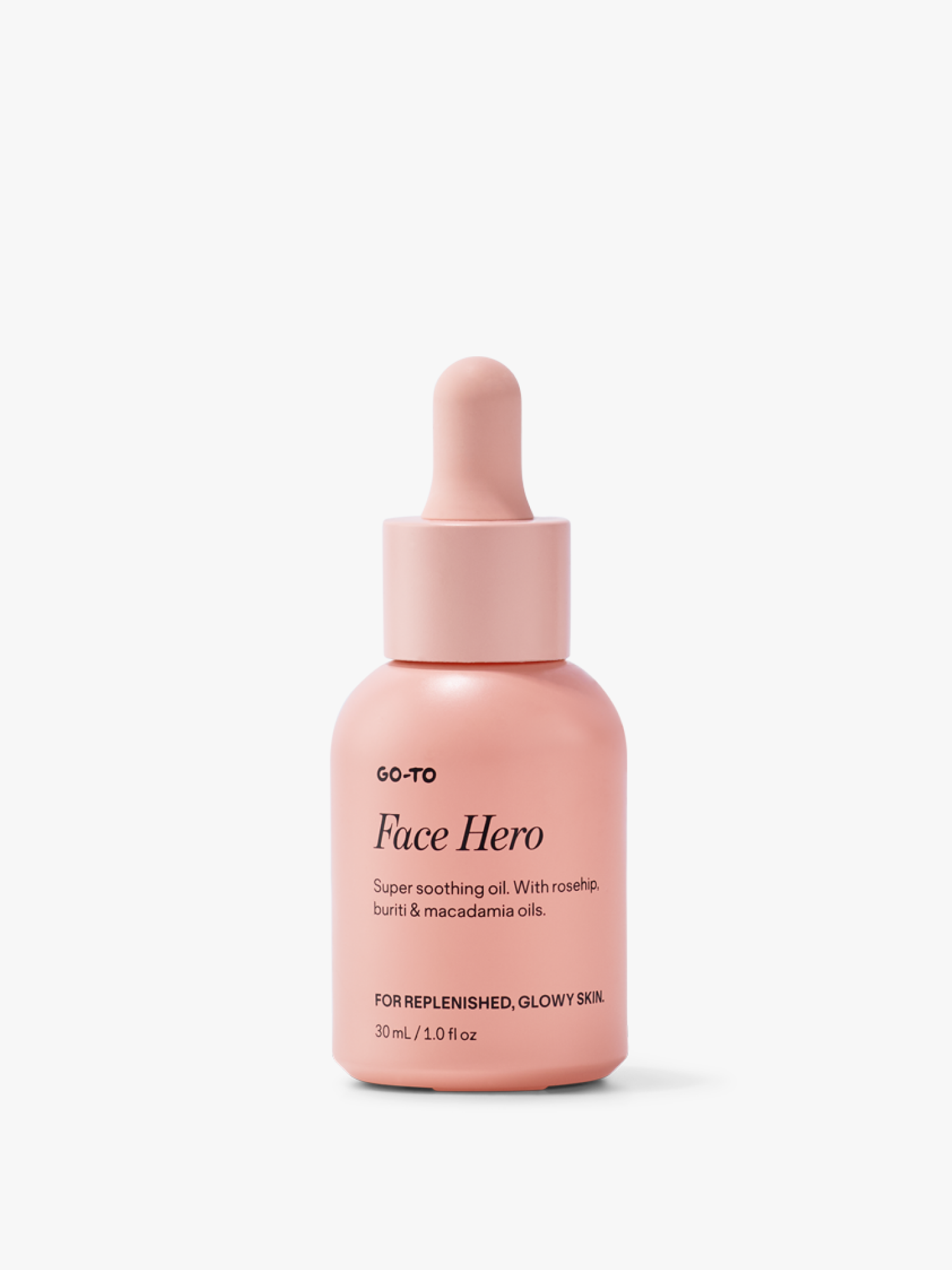
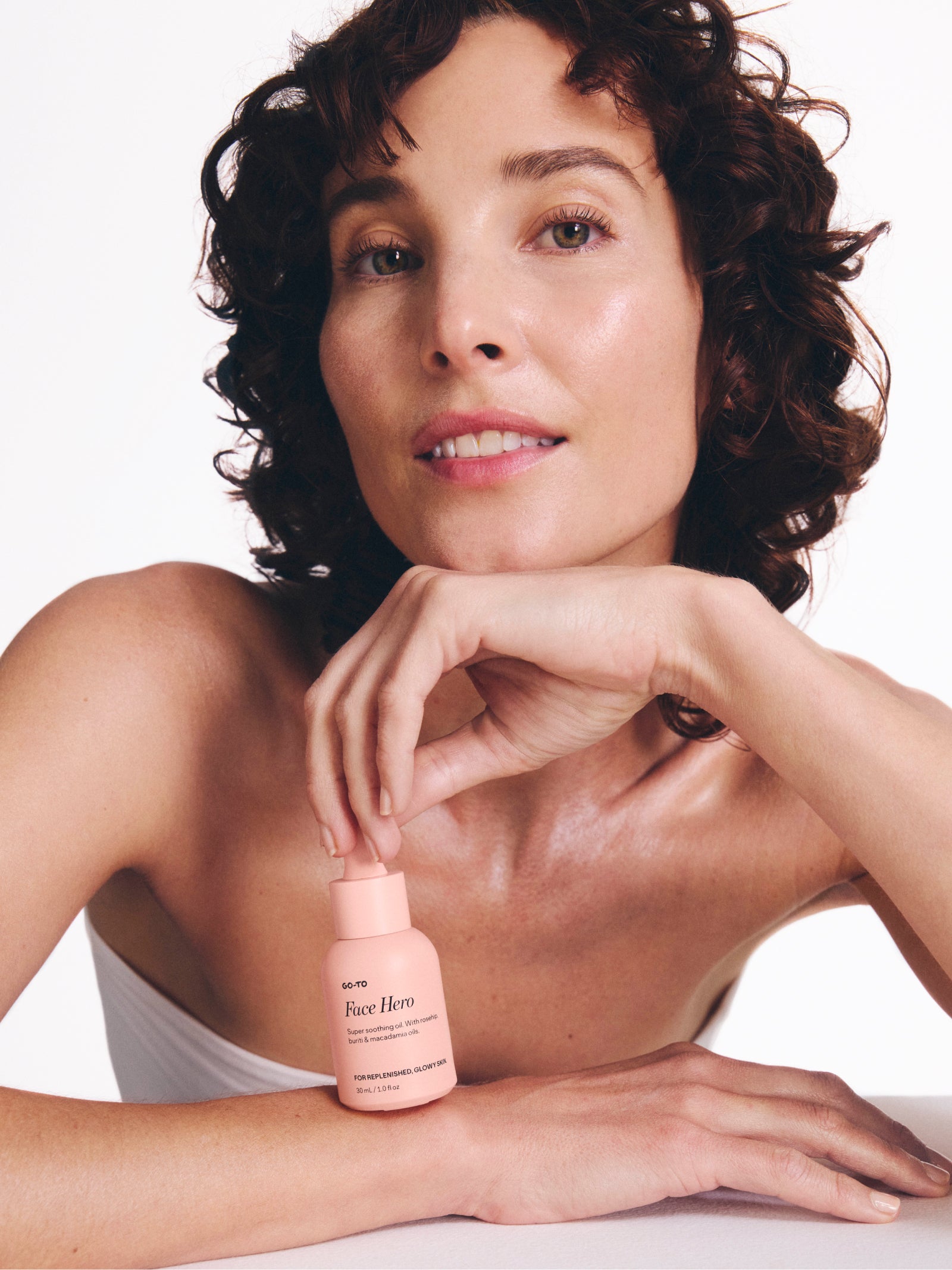

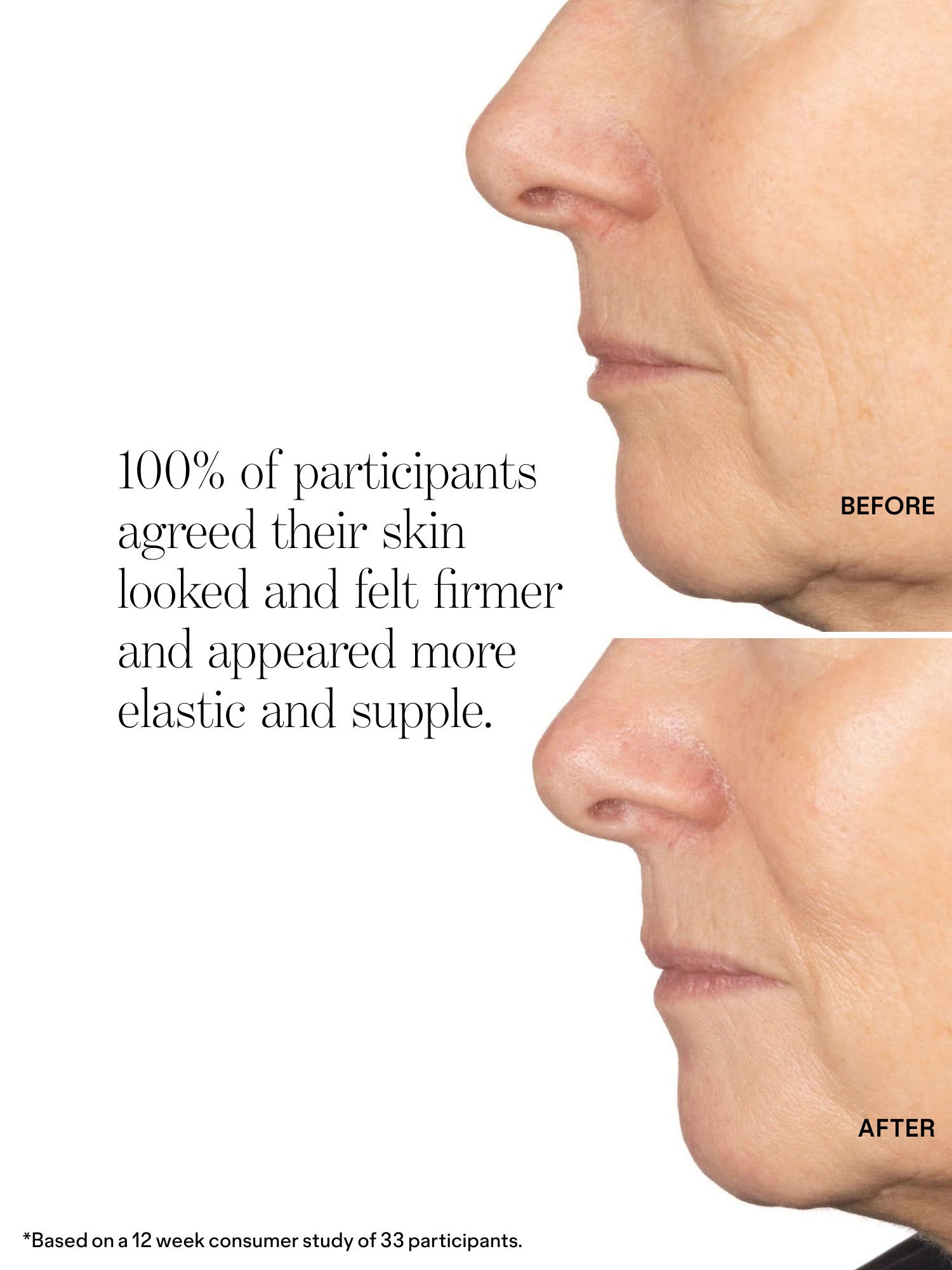
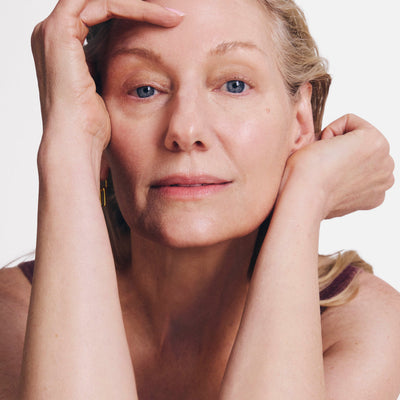
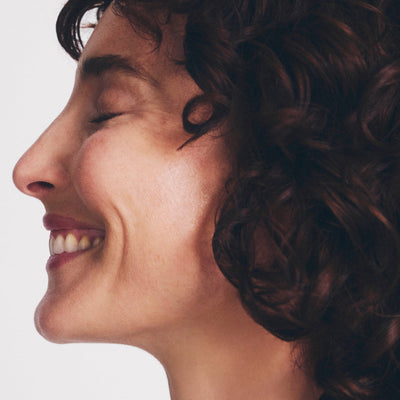
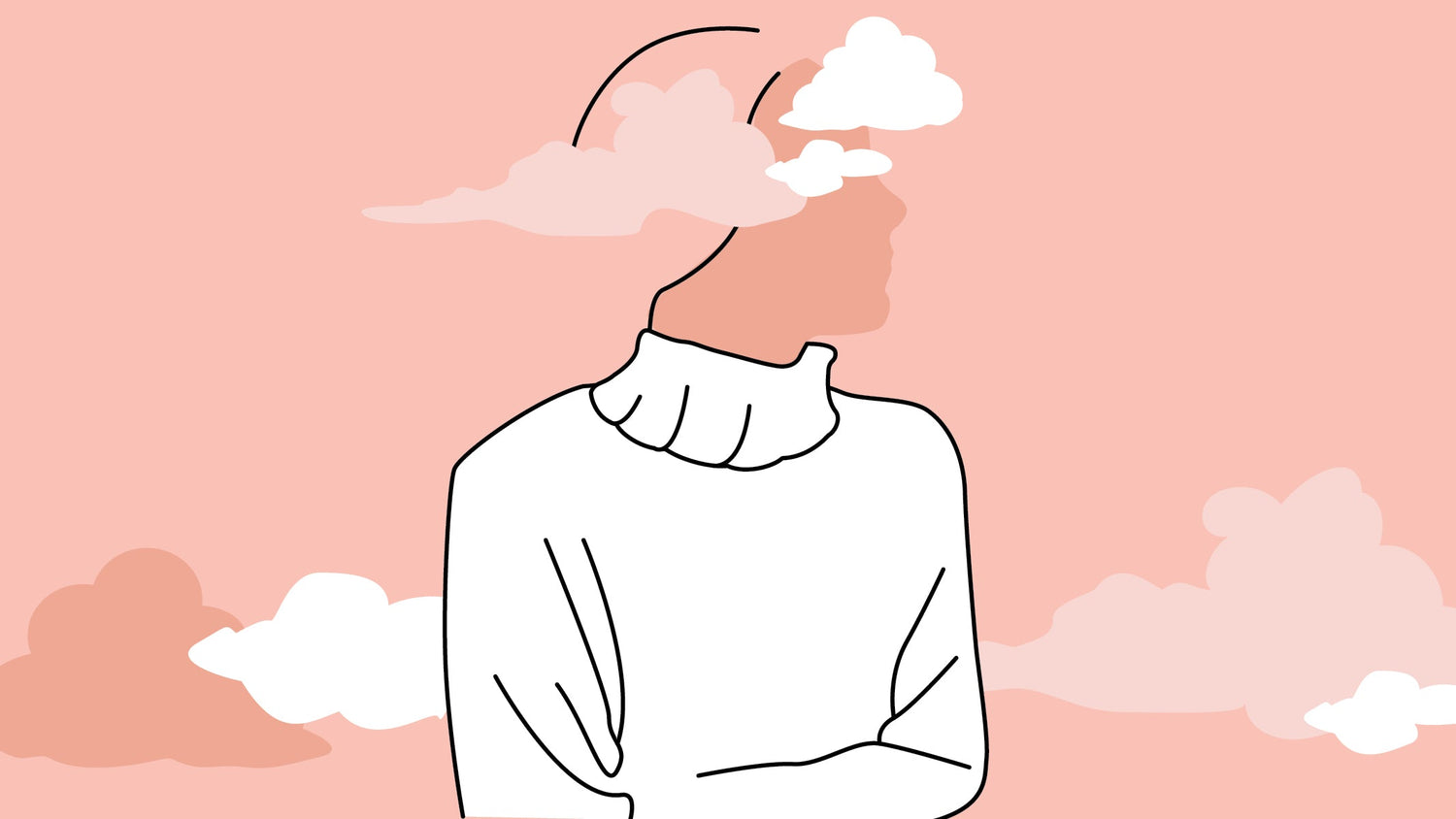

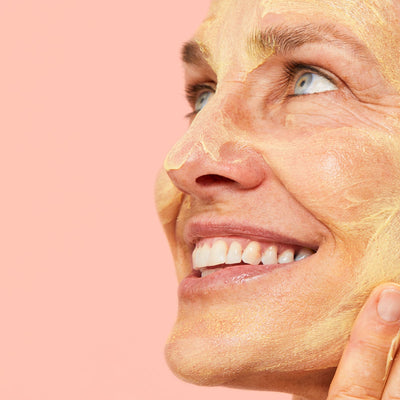
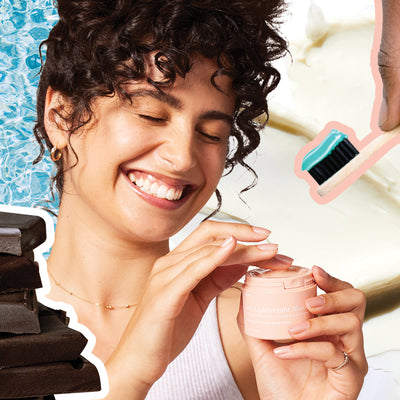
Comments